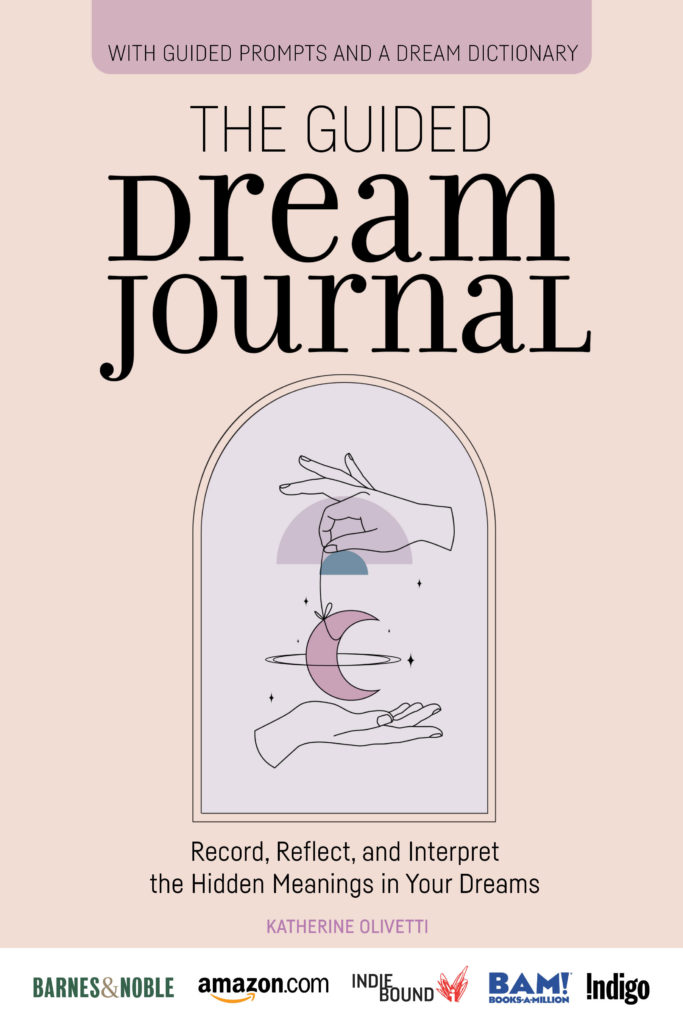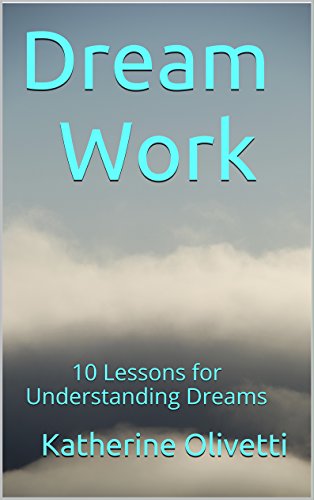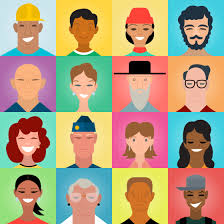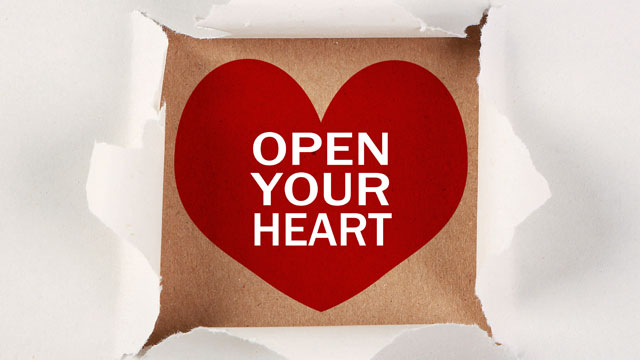
Today, August 4, 2020 is the publication date of The Guided Dream Journal. So far it’s off to a great start. A few days ago when I spoke with the marketing group, they hoped pre-orders could drive the sales and move the book from Amazon’s third page up to the front page. A couple days later, thanks to so many friends, colleagues, clients, and supporters, my niece Rebecca who lives in Scottsdale, Arizona went to Amazon and searched for “dreams.” When she did that, my book popped up in the top spot. This is about the best thing that could happen to a book. So many to thank!
During this time of COVID 19 when so many are sheltering in place, and the outer world we used to know is not available, the psyche is compensating by invigorating the inner world. Dreams are showing up as active, vivid, and memorable. I’m even hearing that folks who “never dream” have begun to remember their dreams! There couldn’t be a better time for you to start a dream journal practice. It’s my hope for this book that it will reach you, inspire you, and help you to access the treasures of wealth and creativity that are within.
Here’s what you’ll find in the book: background and guidance about dreaming, an introduction to dream interpretation, pages to record your dream, prompts that will help you get the hang of working with your dreams and deciphering the messages of the dreams, and a dictionary that explains some of the most common dream symbols.
Order the book for yourself or give it to a friend as a gift. Remember the line from “Happy Talk” in the musical South Pacific?
“You gotta’ have a dream. If you don’t have a dream, how you gonna’ make a dream come true?





